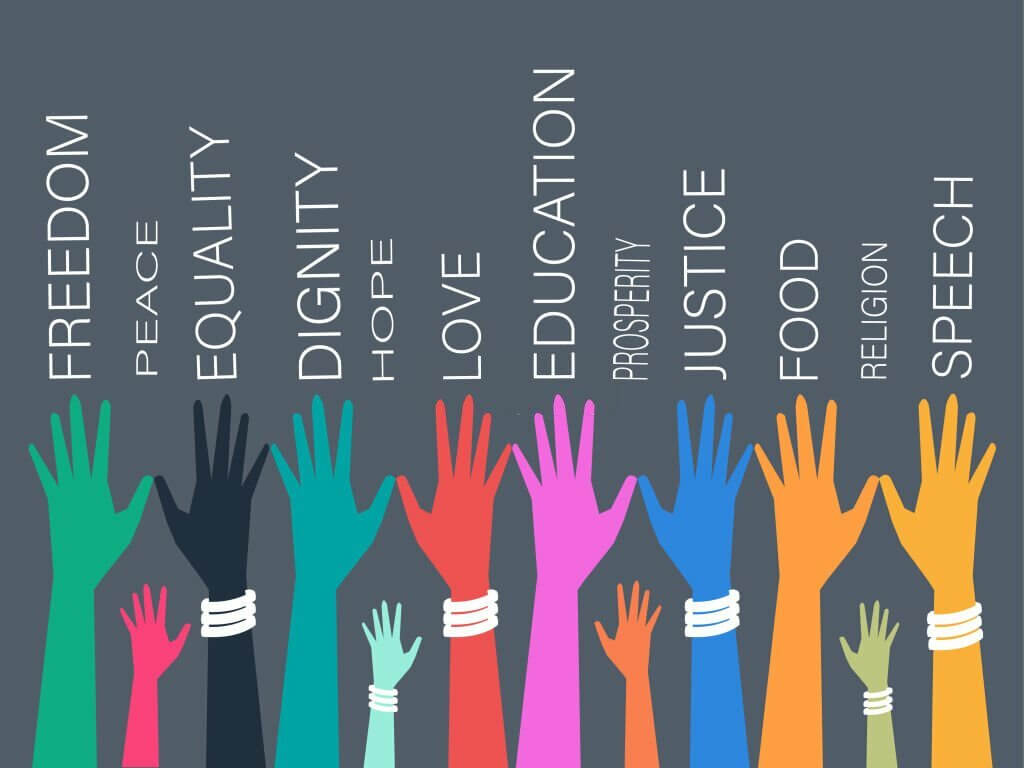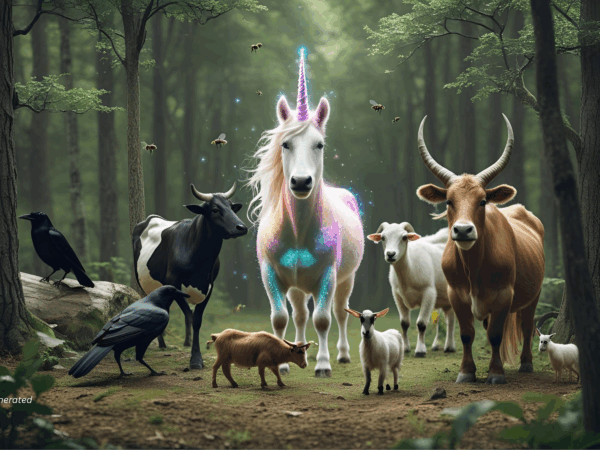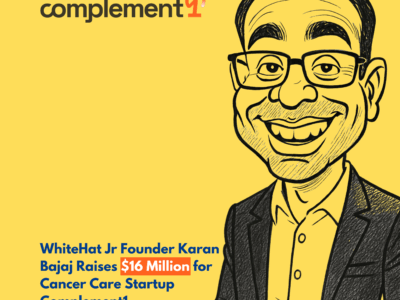
Today is International Human Rights Day.
When I read Harari’s Sapiens, most of it felt like recycled ideas. Some parts were outright wrong, though that is not the point here. What struck me was his claim that Human Rights are a myth, no different from religion. Or nationalism.
That idea stopped me cold. Not because his alternative was convincing, as it was not. It felt more like rearranging the same ideas. Mere semantics. What shook me was the thought that the moral foundation of my life for over three decades might be a construct. An entire edifice on a foundation of sand.
I began questioning everything. Myself. My beliefs. And the beliefs of others who (I believe) think like me, rational, progressive, empathetic, and supposedly objective people.
Could Human Rights be justified from first principles? I asked around and pushed for answers. The deeper I dug, the more I realised we all eventually land on axioms, unprovable truths we simply accept to keep the structure of our morality intact.
Take the age of consent, for example. Why is it set where it is? Why is it different in different cultures? The answer is as arbitrary as why we drive on the left in India and on the right in the USA. We simply decided it. Try discussing this with a liberal or progressive person, and you will end up with an awkward conversation at best or a strained relationship at worst.
Want more? OK, how about this one: Why is murder wrong? Or why should women be equal to men? Or why must might not always decide who is right? Pick any moral absolute and try working up from nothing, with no assumptions. Can you?
This is what I asked of people in my tribe. People who claimed (like me) to be rational but empathetic, objective yet moral, disinterested yet involved. Can we truly defend what we hold dear?
After much reading, debating, and thinking, I think I may have a hypothesis. Caveat: It is not original. It is a synthesis of conversations with scientists, philosophers, writers, and artists combined with my own reflections. But here it is for what it is worth: Humans evolved to thrive in groups. Cohesion makes us strong. United, we survive and thrive; divided, we die. Anything that disrupts this group dynamic, such as violence, inequality, or unchecked power, even something as simple as selfish behaviour, threatens our collective and individual survival. Societies that failed to work together were replaced or overrun by those that could. Over time, natural selection favoured behaviours that preserved group harmony and punished those that caused division.
Viewed this way, Human Rights are not universal truths. They are evolutionary adaptations, survival mechanisms dressed up as morality. Indeed, those who did not take things like cooperation, selflessness, empathy, kindness, generosity, and equity, amongst other ‘human’ virtues, seriously, simply died. And were replaced by those that did.
Sounds logical? You bet.
But then, here’s the kicker: This realisation cuts both ways. If our moral beliefs are evolutionary constructs, so are the ones we despise (as long as the ones we ‘hate’ and claim to be the cause of strife and unhappiness exist and prosper). That means that even the ideologies of the far-right, the ones we rail against as inhumane or irrational, are products of the same evolutionary process. And thus equally valid.
How’s that for food for thought?



















